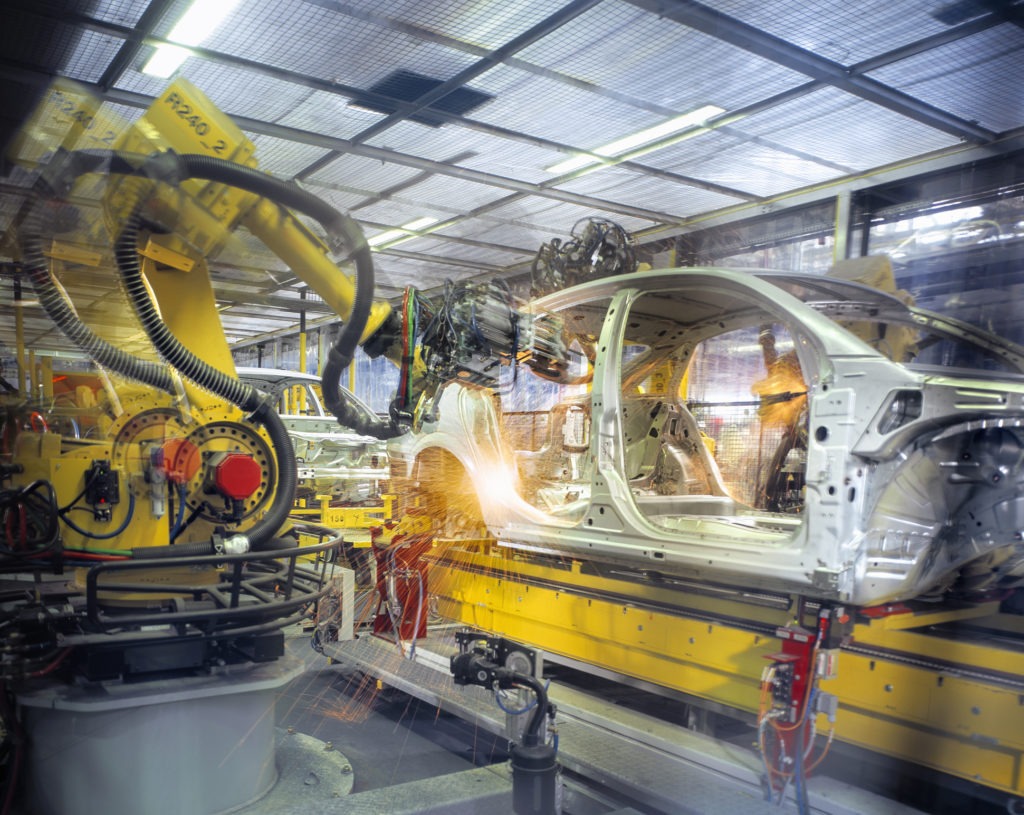CO2 from vehicle production falling in Europe
12 July 2018

12 July 2018
The latest data from the European Automobile Manufacturers’ Association (ACEA) shows that automakers have significantly reduced the environmental impact of manufacturing over the last decade, even though the number of cars produced increased from 11.9 million in 2013 to 17 million in 2017.
The new figures, recently published in ACEA’s Automobile Industry Pocket Guide, show that total CO2 emissions from car production fell by nearly 24% since 2008. This is significant, as manufacturers succeeded in decoupling CO2 emissions from production growth, for instance by sourcing energy from renewable and low-carbon sources.
In addition, for each car produced over the last decade, water consumption was reduced by some 31%. This was achieved notably by using recirculation technologies for the re-use of water and other long-term strategies for limiting water consumption.
As cars have become equipped with ever more features to make them cleaner, safer and smarter, vehicle production has become more complex. Despite this, the energy consumption per car produced decreased by almost 16% over the last ten years. The amount of waste generated per car produced went down by nearly 14% during the same period.
′This positive track record demonstrates the automobile industry’s strong commitment to reducing the environmental impact of both the use of its vehicles as well as production processes,’ stated ACEA secretary general, Erik Jonnaert. ′It is part of an ongoing and multifaceted strategy, which all European manufacturers adhere to.’
The CO2 emissions per car produced dropped by 30.1% between 2008 and 2017, while the overall figure went down by 23.7% over the same period. Even though car production has been on the rise again since 2013, manufacturers have been able to decouple CO2 emissions from production growth by increasingly sourcing energy from renewable and low-carbon sources.
Long-term strategies for reducing water consumption have made it possible to reduce water use per car produced by 30.8% between 2008 and 2017. This includes the increased application of recirculation technologies for the reuse of water.
The waste generated per unit produced by the manufacturing of passenger cars went down by 13.6% over ten years. Waste fluctuations, both in absolute and per unit terms, can be explained by the occurrence of singular events, such as a fall in total production during the economic crisis.
The news will no doubt be a boost to the automotive industry in Europe, which is struggling to reduce the CO2 emissions of its fleets in order to meet strict CO2 targets. Earlier this week, plans for even stricter targets post-2020 cleared their first hurdle when they were approved by the European Transport and Tourism (TRANS) and Industry, Research and Engineering (ITRE) committees.